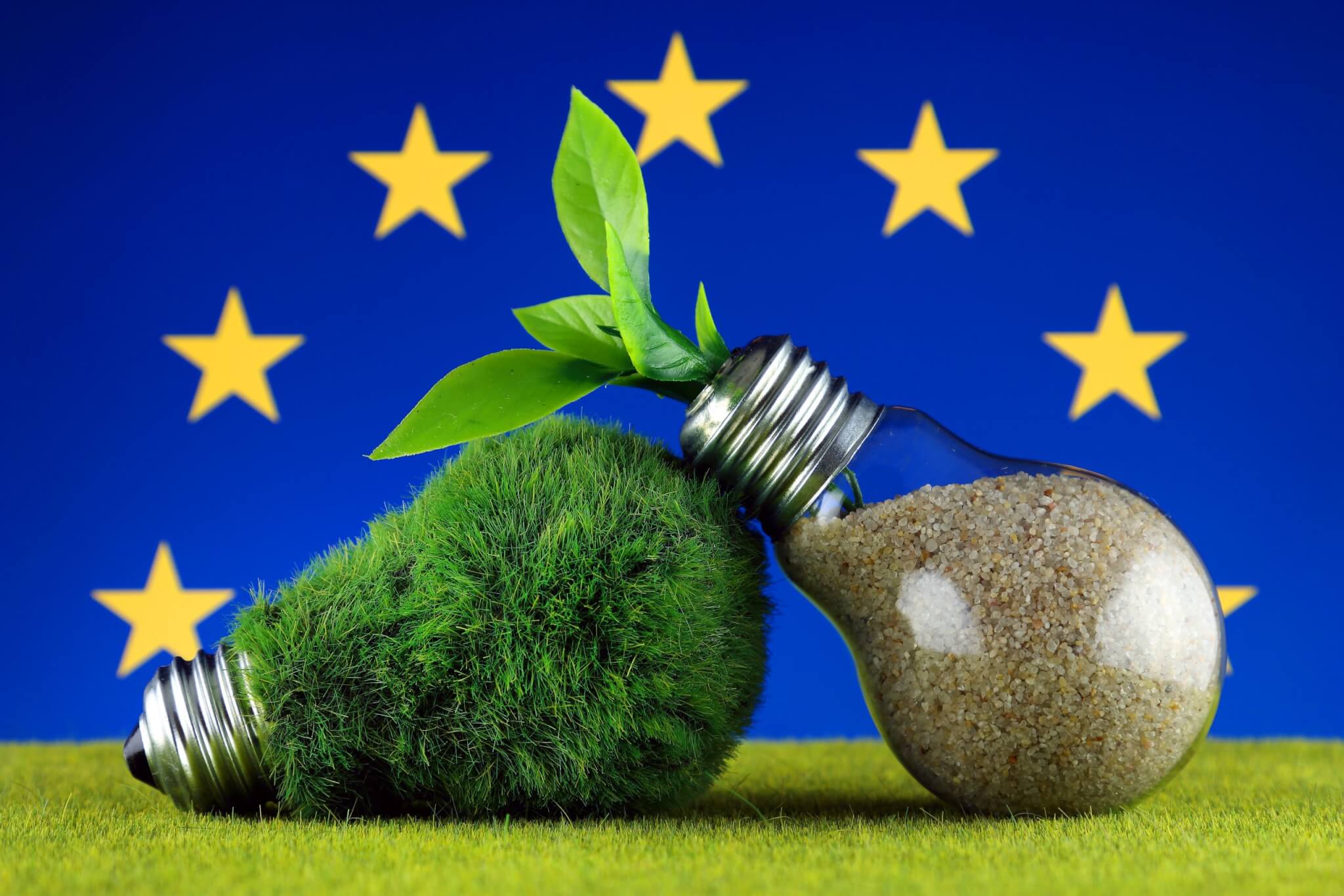The European Union’s Green Claims Directive is set to revolutionize how businesses communicate environmental claims. Slated for implementation by 2026, this directive aims to combat greenwashing by ensuring that all environmental claims are substantiated, transparent, and verifiable. Marketplaces, both within and outside the EU, must prepare for significant changes to align with these new regulations.
Understanding the EU Green Claims Directive
The EU Green Claims Directive establishes a legal framework requiring businesses to provide clear, evidence-based environmental claims. It mandates that all such claims be substantiated with scientific evidence and verified by independent third parties. This initiative is part of the EU’s broader strategy to promote sustainability and consumer protection.
Key Provisions of the Directive
1. Mandatory Third-Party Verification
All environmental claims must undergo verification by accredited third-party organizations before being communicated to consumers. This ensures the credibility of the claims and prevents misleading information.
2. Prohibition of Generic Claims
Terms like “eco-friendly,” “green,” or “climate-neutral” are prohibited unless accompanied by specific, verifiable information. This measure aims to eliminate vague and unsubstantiated claims that can mislead consumers.
3. Lifecycle Impact Assessments
Businesses are required to consider the entire lifecycle of a product when making environmental claims. This includes assessing the environmental impact from production to disposal, ensuring a comprehensive understanding of the product’s sustainability.
4. Digital Product Passports
The directive introduces digital product passports, which provide consumers with detailed information about a product’s environmental impact. These passports include data on material composition, recyclability, and carbon footprint, promoting transparency and informed decision-making.
5. Penalties for Non-Compliance
Businesses failing to comply with the directive may face penalties, including fines up to 4% of annual turnover. These measures are designed to enforce adherence to the new regulations and deter greenwashing practices.
Implications for Marketplaces
Marketplaces play a crucial role in the distribution of products and services. With the EU Green Claims Directive, they are now responsible for ensuring that the products listed comply with the new environmental claim standards.
1. Enhanced Due Diligence
Marketplaces must implement robust systems to verify that sellers’ environmental claims are substantiated and compliant with the directive. This includes reviewing documentation and certifications provided by sellers.
2. Updated Listing Requirements
Product listings must include clear and verifiable environmental information. Marketplaces should establish guidelines for sellers to follow when providing such information, ensuring consistency and transparency.
3. Collaboration with Certifying Bodies
Marketplaces should collaborate with recognized certifying bodies to facilitate the verification process. This partnership can streamline compliance efforts and enhance the credibility of environmental claims.
4. Consumer Education
Educating consumers about the significance of verified environmental claims is essential. Marketplaces can provide resources and information to help consumers make informed purchasing decisions based on sustainability criteria.
Challenges and Opportunities
Challenges
- Complexity of Compliance: Adhering to the directive’s requirements may be complex, especially for small and medium-sized enterprises (SMEs) without dedicated compliance teams.
- Verification Costs: The cost of obtaining third-party verification can be prohibitive for some businesses, potentially deterring them from making environmental claims.
Opportunities
- Market Differentiation: Businesses that comply with the directive can differentiate themselves in the marketplace by showcasing their commitment to sustainability.
- Consumer Trust: Providing verified environmental information can build consumer trust and loyalty, leading to increased sales and brand reputation.
Preparing for the Directive
Businesses and marketplaces should take proactive steps to prepare for the EU Green Claims Directive:
- Review Environmental Claims: Assess current environmental claims to ensure they are substantiated and comply with the directive’s requirements.
- Engage with Certifying Bodies: Establish relationships with accredited third-party organizations to facilitate the verification process.
- Update Systems and Processes: Implement systems to manage and verify environmental claims effectively, ensuring compliance across all product listings.
- Train Staff: Provide training to staff on the requirements of the directive and the importance of accurate environmental claims.
الخاتمة
The EU Green Claims Directive represents a significant shift towards transparency and accountability in environmental marketing. By ensuring that all environmental claims are substantiated and verified, the directive aims to protect consumers and promote genuine sustainability efforts. Marketplaces must adapt to these changes by implementing robust compliance measures, collaborating with certifying bodies, and educating consumers. By doing so, they can contribute to a more sustainable and transparent marketplace.


